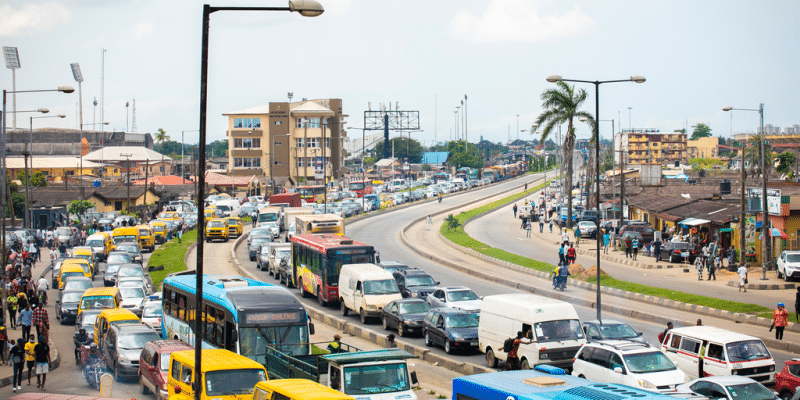It's been a particularly eventful week. While the state of Lagos in Nigeria took a strong decision in the face of plastic pollution, the cities of Brazzaville and Pointe-Noire in Congo lived to the rhythm of the rising waters of the Congo River.
Among this week’s news highlights is the annual report from the African Solar Industry Association (AFSIA), which shows that 3.7 GW of solar power will have been installed in Africa by 2023.
Solar energy: driven by South Africa, the continent deployed 3.7 GW in 2023
It’s a promising sector that the Ivorian government is keen to develop, with a view to diversifying its electricity mix currently dominated by fossil fuels. This week, PFO Africa signed a concession agreement with the Ivorian government for the financing, construction and operation of a 52 MW solar power plant in the Ferkessédougou division.
Ivory Coast: PFO enters the solar business with its first 52 MW plant in Sokhoro
In Nigeria, however, the state of Lagos has decided to ban single-use plastic, which is the source of pollution, particularly in its capital city of over 20 million inhabitants. Plastic waste clogs drains and prevents rainwater from seeping into the ground, leading to flooding.
Plastic pollution is not the cause of flooding in the Congo. The phenomenon currently affecting the cities of Brazzaville and Pointe-Noire is linked to the rising waters of the Congo River.
Congo floods: from Brazzaville to Pointe-Noire, the story of an angry river
The good news comes from Madagascar, where preparations are underway for the implementation of a roadmap to reconcile agriculture and biodiversity. Madagascar is the world’s leading exporter of vanilla. But the cultivation of this spice in forests is leading to a 47% reduction in endemic species, according to a study by researchers at the University of Göttingen in Germany.
MADAGASCAR: a roadmap to reconcile agriculture and biodiversity
See you next week,






